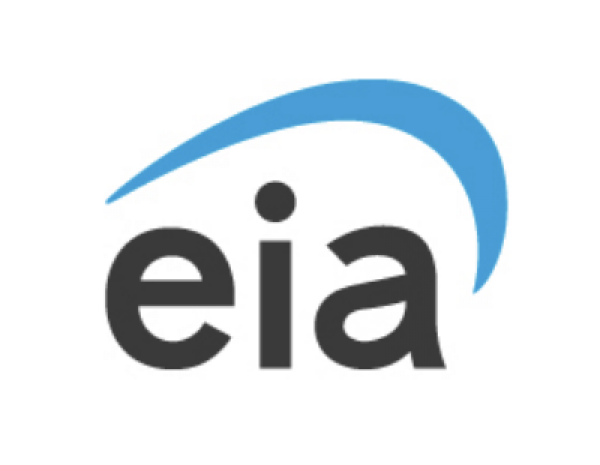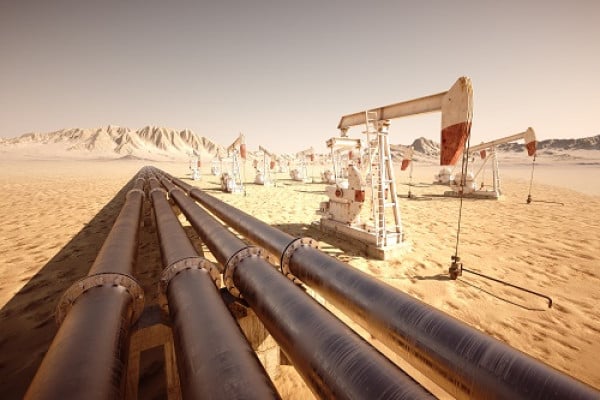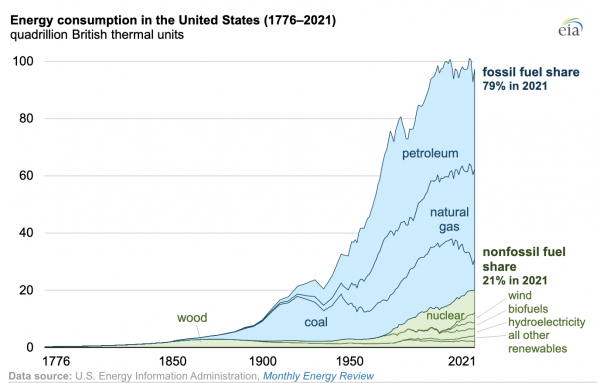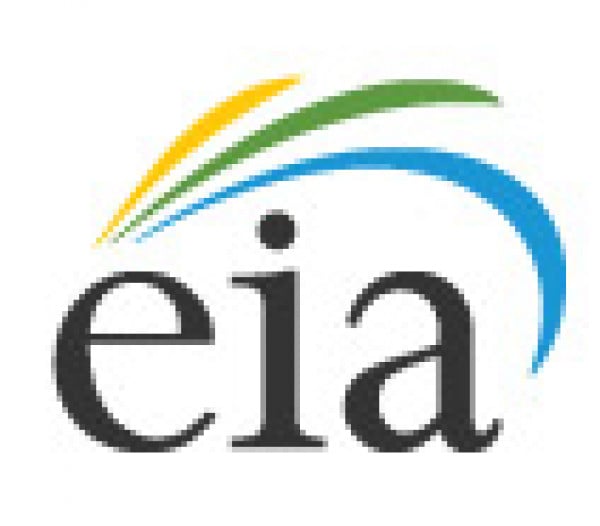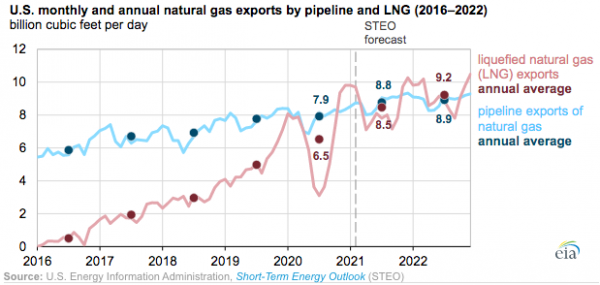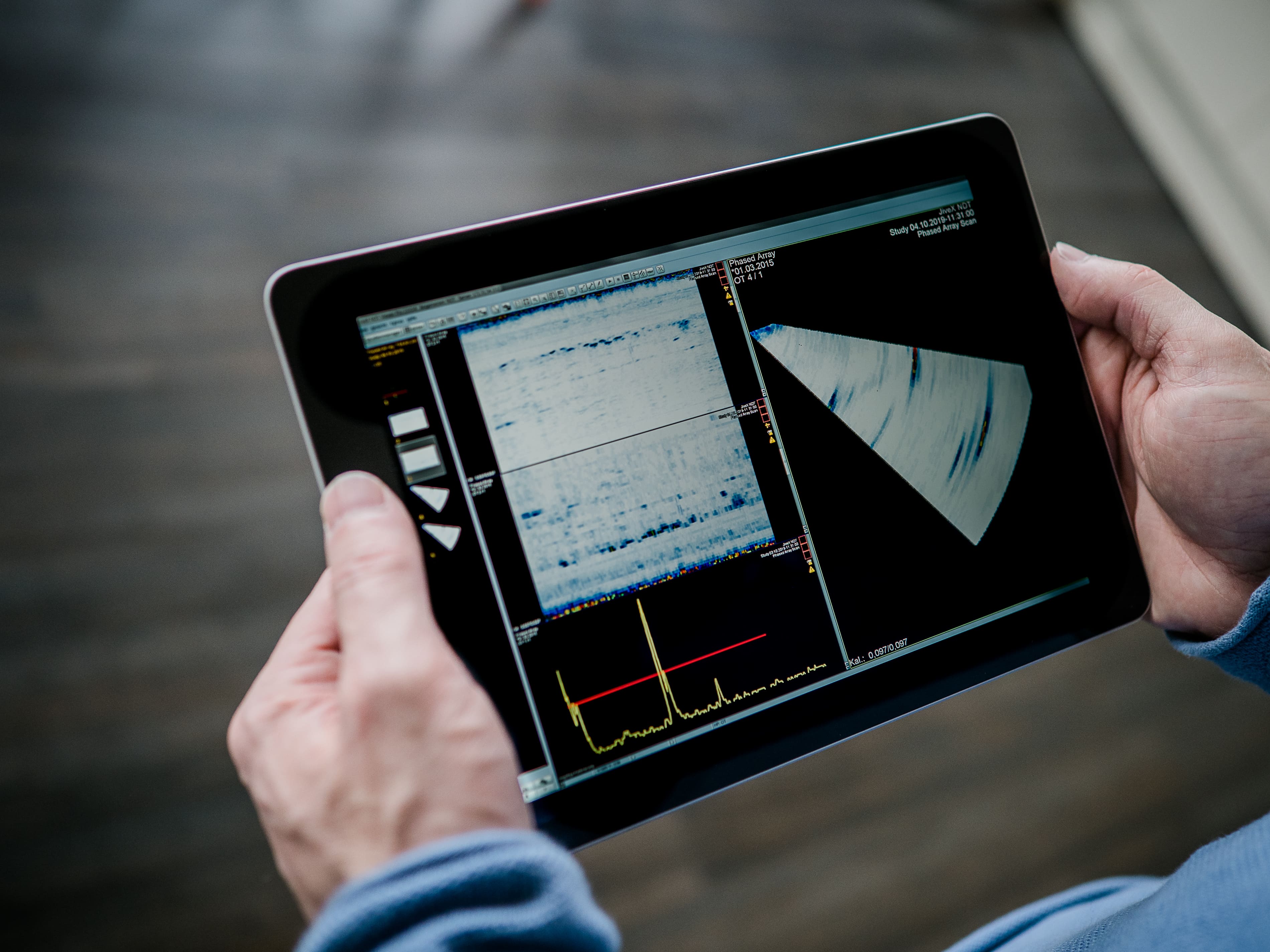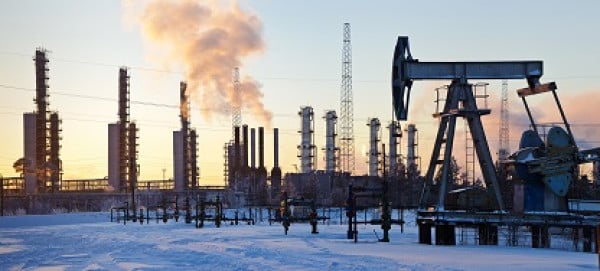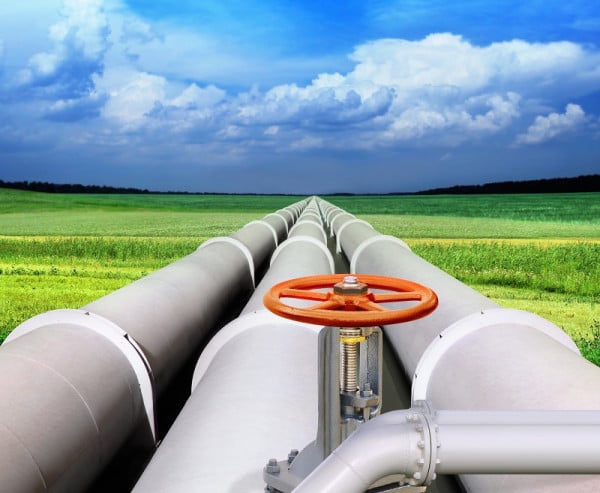Established in 1977, the U.S. Energy Information Administration (EIA) is an agency within the U.S. Department of Energy charged with collecting, analyzing, and disseminating independent and impartial energy information to promote sound policymaking, efficient markets, and public understanding of energy and its interaction with the economy and the environment. EIA conducts a comprehensive data collection program that covers the full spectrum of energy sources, end uses, and energy flows. EIA also prepares informative energy analyses, monthly short-term forecasts of energy market trends, and long-term U.S. and international energy outlooks
The EIA consists of four primary offices:
- Office of Energy Statistics: conducts a wide range of survey, statistical methods, and integration activities related to: energy consumption and efficiency; electricity; nuclear and renewable energy; oil, gas and coal supply; and petroleum and biofuels.
- Office of Energy Analysis: analyzes energy supply, demand, and prices including the impact of financial markets on energy markets; prepares reports on current and future energy use; analyzes the impact of energy policies; and develops advanced techniques for conducting energy information analyses.
- Office of Communications: oversees a comprehensive energy information dissemination program that provides high quality information to its audience.
- Office of Resource and Technology Management: directs a variety of centralized and cross-cutting corporate business activities including EIA's independent information technology infrastructure and data center operation.
Relevant Links
Topic Tools
Share this Topic
Contribute to Definition
We welcome updates to this Integripedia definition from the Inspectioneering community. Click the link below to submit any recommended changes for Inspectioneering's team of editors to review.
Contribute to Definition


